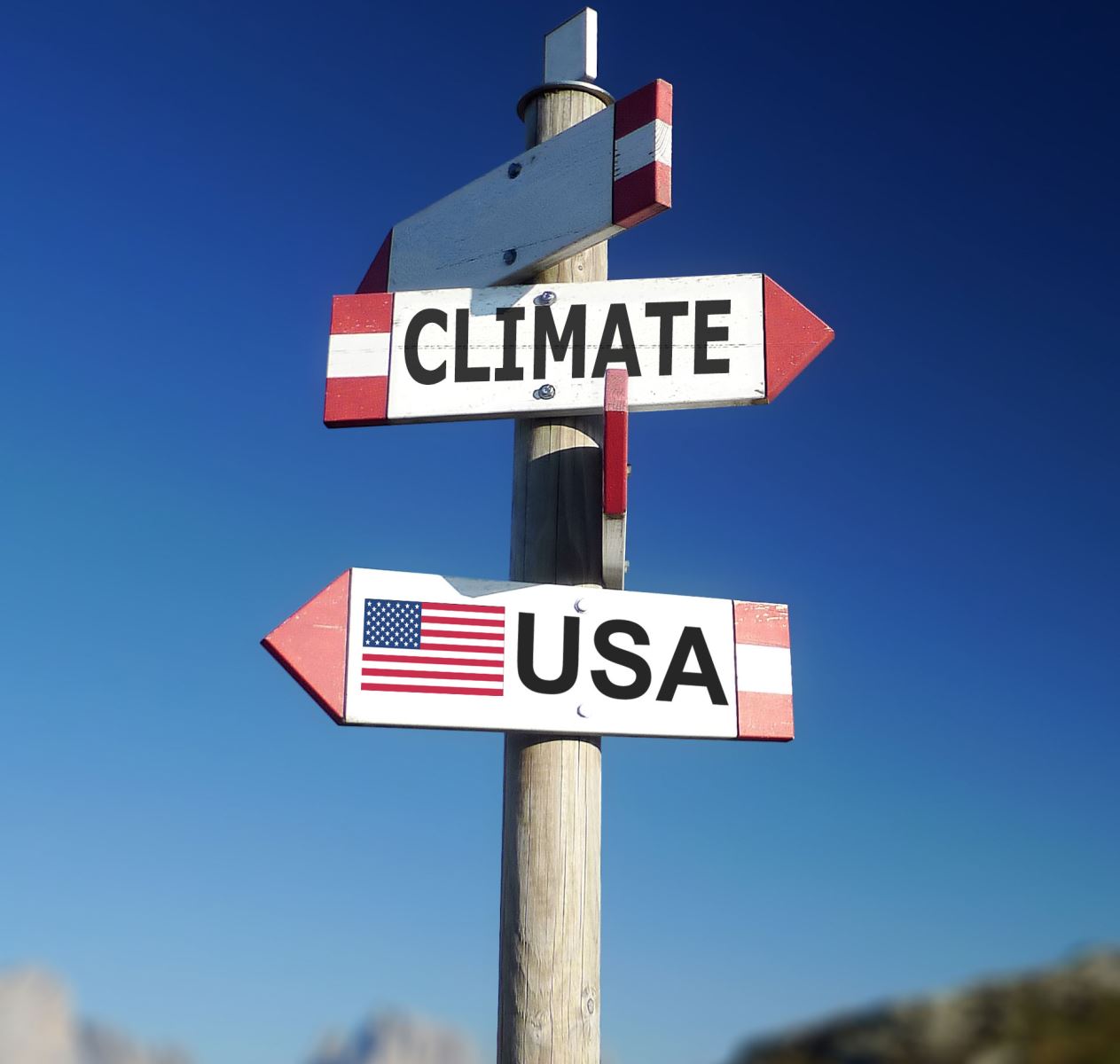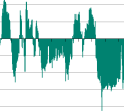US withdrawal from the Paris Agreement: can States lead the fight to reduce carbon emissions?
By Cecilia Bellora, Jean Fouré
Despite President Trump’s announcement to withdraw from the Paris Agreement, several States committed to uphold the US objectives of the Agreement within their borders.








.bmp)
.bmp)
